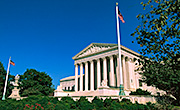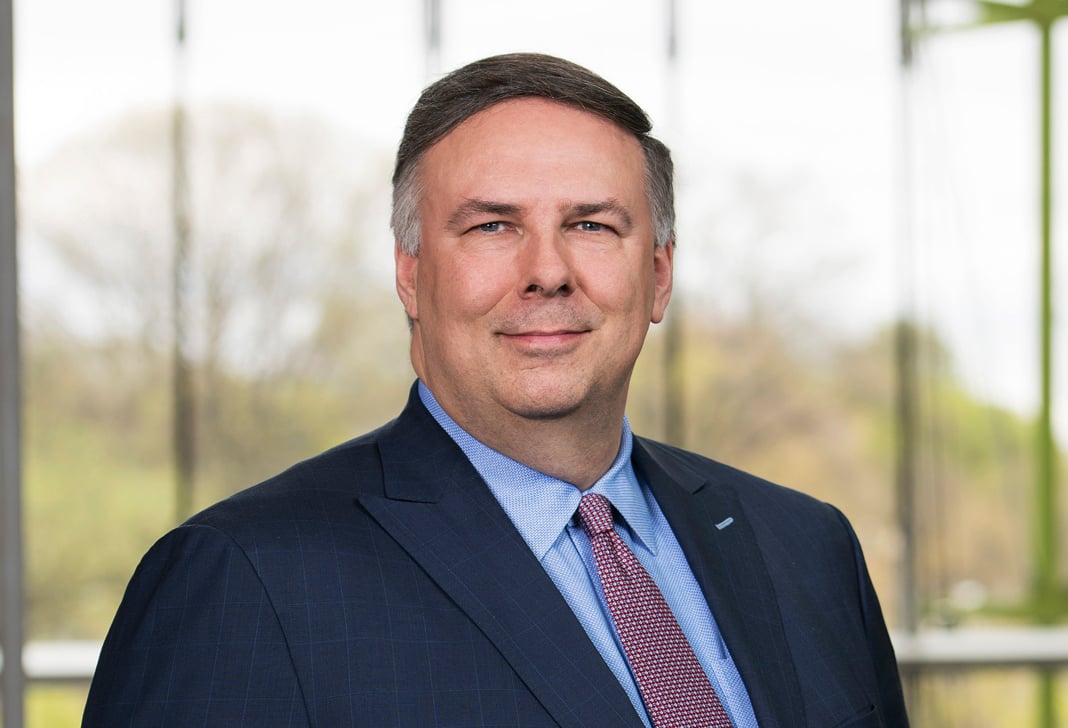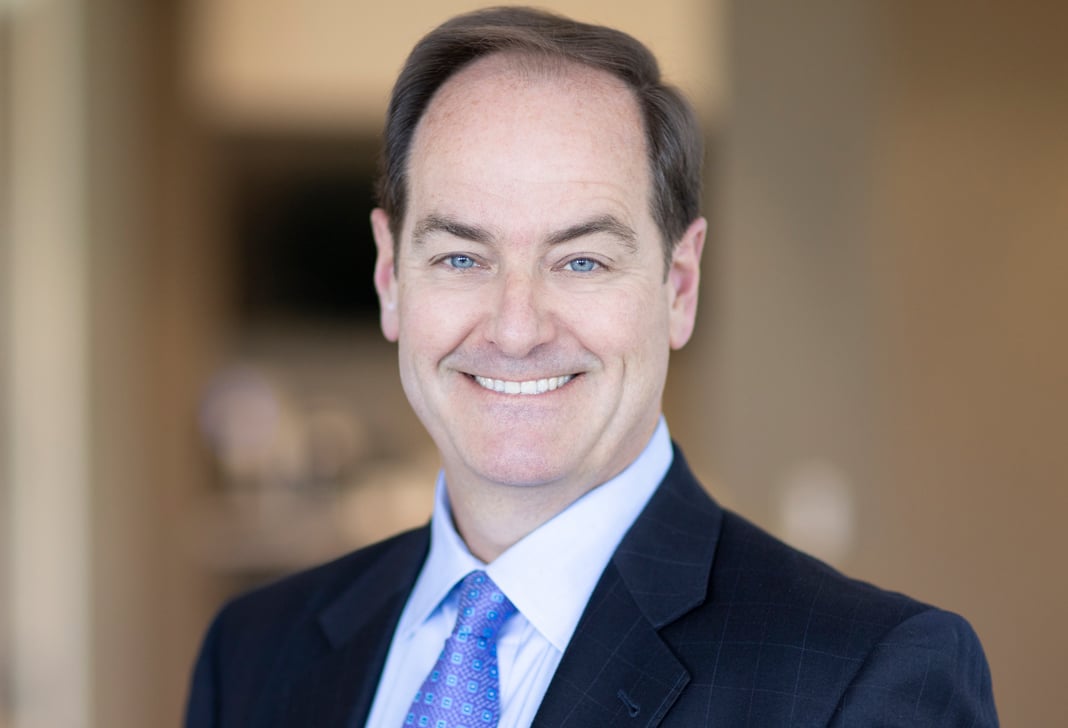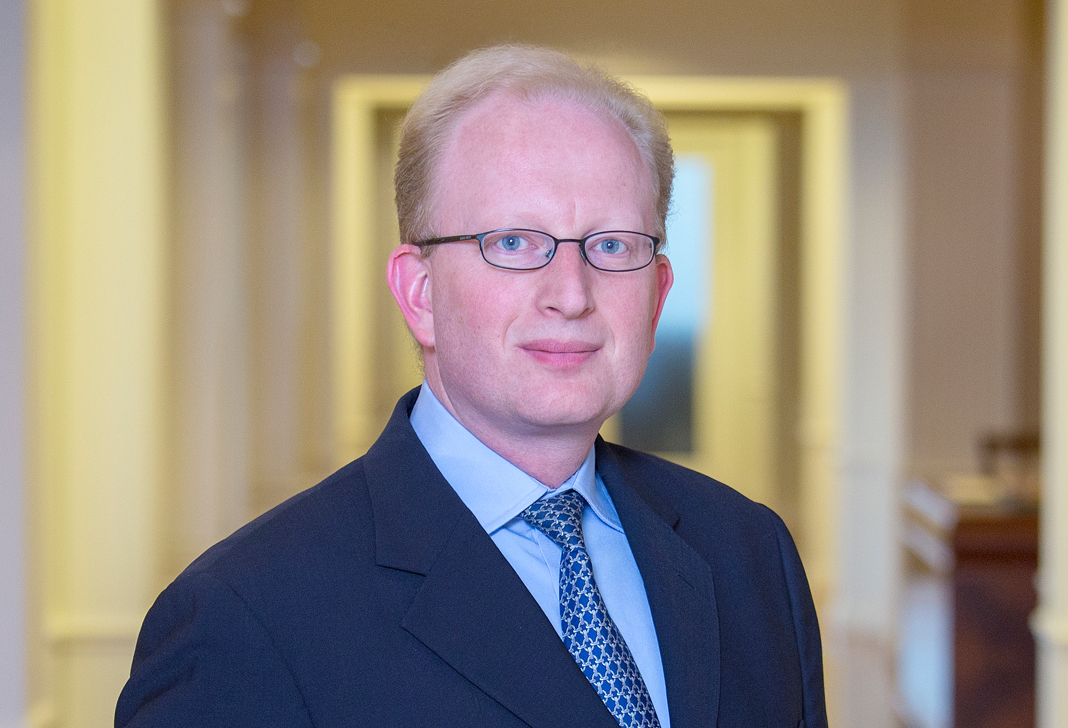
Supreme Court Alters Appellate Review of Patent Claim Construction
This morning, in Teva Pharms. USA, Inc. v. Sandoz, Inc., a divided U.S. Supreme Court held that while most district court rulings on claim construction will continue to be subject to de novo review, "underlying factual dispute[s]" relating to claim construction should be reviewed for clear error under Rule 52 of the Federal Rules of Civil Procedure. This ruling changes 20 years of Federal Circuit practice. Since its 1995 decision in Markman v. Westview Instruments, and confirmed repeatedly by the court en banc in Cybor (1998), Phillips (2004), and Lighting Ballast (2014), the Federal Circuit has reviewed all aspects of claim construction de novo—meaning without any deference to the trial court's decision—and that included any underlying "factual" disputes regarding what a term might mean to one of ordinary skill in the art. Today's decision instructs that moving forward, the Federal Circuit must apply a deferential "clear error" standard when reviewing findings regarding the "evidentiary underpinnings" of a patent claim construction.
The Supreme Court's opinion has two components: (i) explaining "why" the Federal Circuit must apply a "clear error" standard to factual findings relating to claim construction; and (ii) instructing "how" the new rule fits into the Federal Circuit's overall review of claim construction.
As to "why" the clear error standard applies, the Supreme Court explained that Federal Rule of Civil Procedure 52(a)(6) governs an appellate court's review of all district court factual findings and thereby mandates that such findings cannot be set aside unless clearly erroneous.
Regarding "how" the clear-error standard fits into the Federal Circuit's review of claim construction, the Supreme Court first explained that when a district court's claim construction is based exclusively on the intrinsic evidence (claim language, specification, and prosecution history), "the judge's determination will amount solely to a determination of law, and the [Federal Circuit] will review that construction de novo." The Court then explained that when "subsidiary facts are in dispute," such as differing expert testimony on the "background science or the meaning of a term in the relevant art during the relevant time period," the Federal Circuit must review a district court's "factual findings about that extrinsic evidence" under the clear-error standard. The Supreme Court also reiterated that the "Federal Circuit will continue to review de novo the district court's ultimate interpretation of the patent claims." Thus, if a district court's claim construction depends, in whole or in part, on factual findings based on extrinsic evidence, the Federal Circuit must determine that such findings are clearly erroneous before it may disregard those findings.
Justice Thomas, joined by Justice Alito, dissented. In their view, the "evidentiary underpinnings" of patent claim construction are properly viewed as "legislative facts"—which are not facts at all for purpose of Rule 52, but are instead properly viewed as part of the court's overall legal interpretive task when interpreting statutes. Because Justices Thomas and Alito viewed patent rights as more akin to statutory rights than contractual or deed rights, they would have affirmed the Federal Circuit's judgment.
Today's decision has the potential to bring greater uncertainty to patent law, and will likely spawn more disputes in the district courts over whether a patent term requires extrinsic, expert evidence in order to be properly construed. These challenges will be explored in a forthcoming Jones Day Commentary on the Teva decision.




